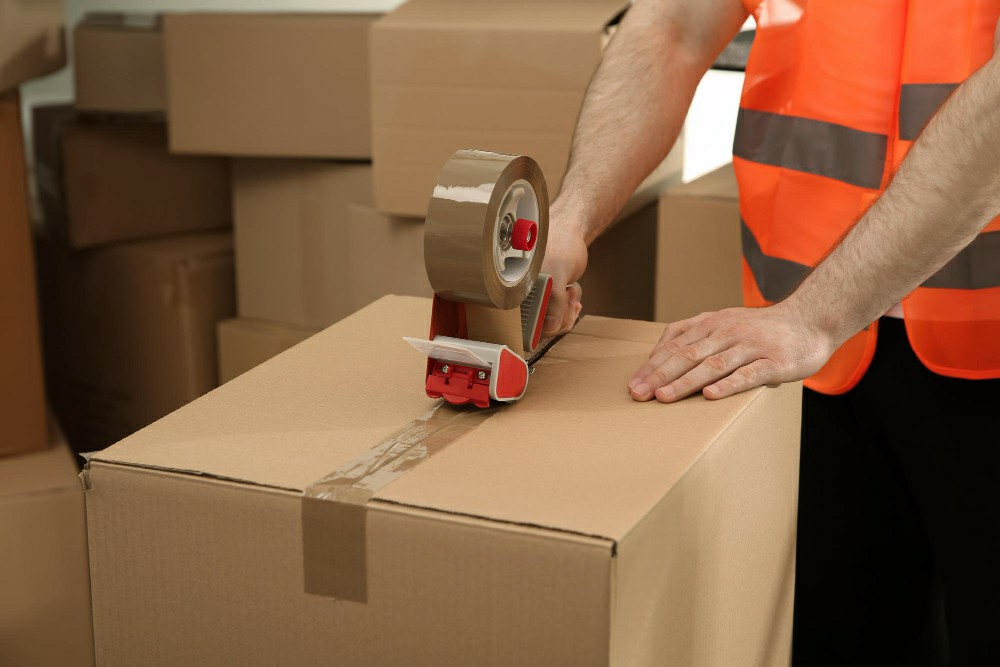


 349,500 Offered Certificates
349,500 Offered Certificates
 24/7 Online Training
24/7 Online Training
 Money Back Guarantee
Money Back Guarantee
 Fully Accredited Courses
Fully Accredited Courses

Created at: 23-11-2024 19:20
In today’s fast-paced work environment, manual handling safety training in Ireland has become more critical than ever. From healthcare facilities to warehouses, ensuring proper handling techniques not only protects workers but also boosts productivity. This comprehensive guide delves into the key components of a manual handling course, the benefits of training, and how accessible and affordable options are available throughout Ireland.
Manual handling injuries are common in various industries, leading to increased absenteeism and significant costs for businesses. According to the Health and Safety Authority (HSA) of Ireland, improper manual handling is one of the most prevalent causes of workplace injuries. A well-structured manual handling course in Ireland equips workers with vital skills that can mitigate these risks.
A comprehensive manual handling training course typically covers the following areas:
With the rise of digital education, many training providers offer online manual handling courses in Ireland. These courses present numerous advantages:
Upon successfully completing a manual handling certification in Ireland, participants typically receive a manual handling certificate. This certification is recognized across various industries and serves as proof of competency in manual handling practices.
The certification process generally involves:
The main goal of manual handling training is not only to achieve certification but also to enhance workplace safety. By practicing safe manual handling techniques, employees can:
Investing in manual handling safety training in Ireland is a smart decision for both employees and employers. With accessible and affordable options available, including manual handling courses in Dublin, Cork, and Galway, there has never been a better time to prioritize safety. For more information or to enroll in a course, visit Ireland Safety Training or contact us at [email protected].